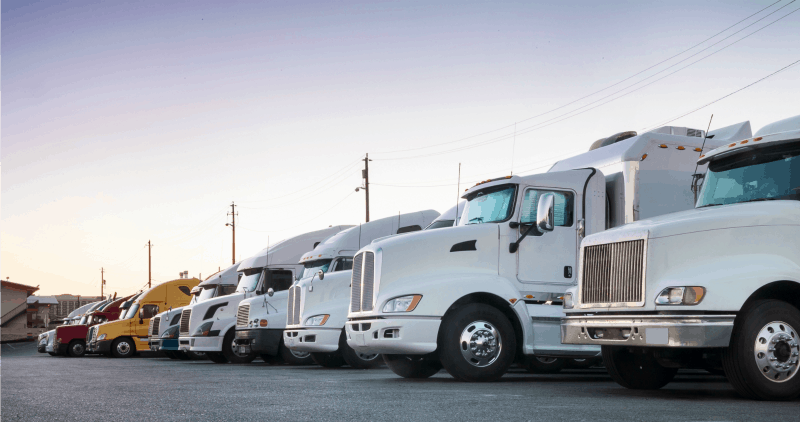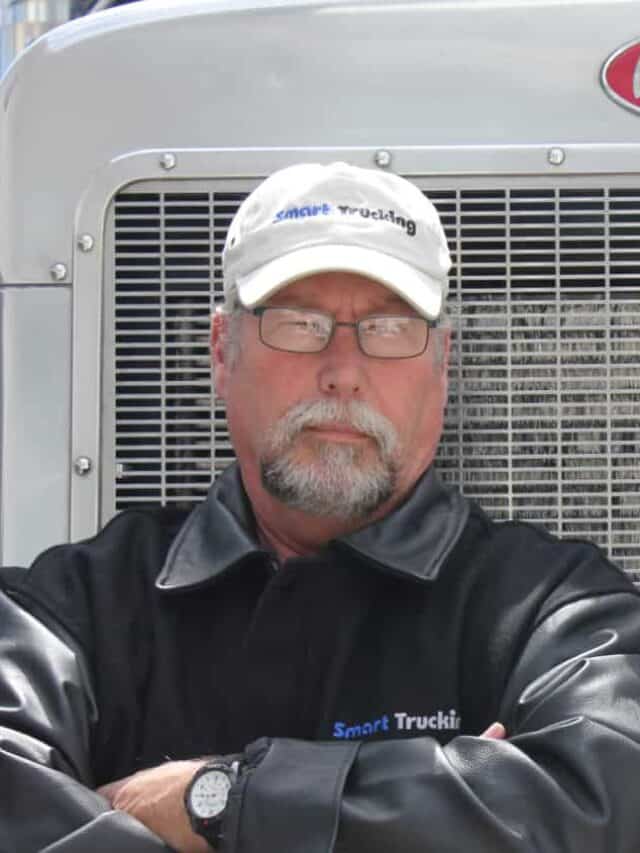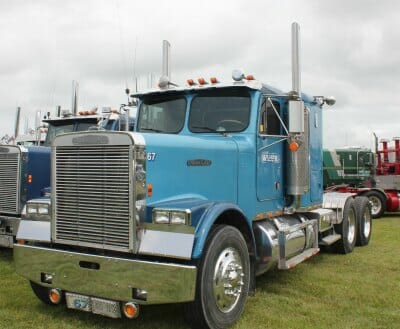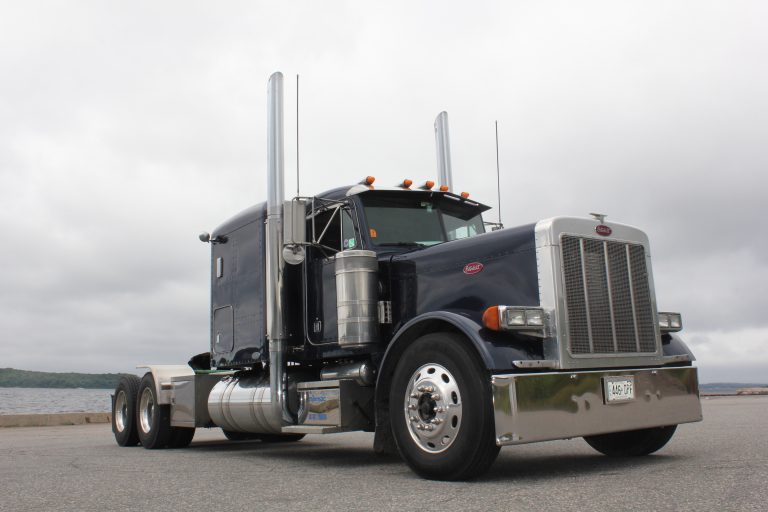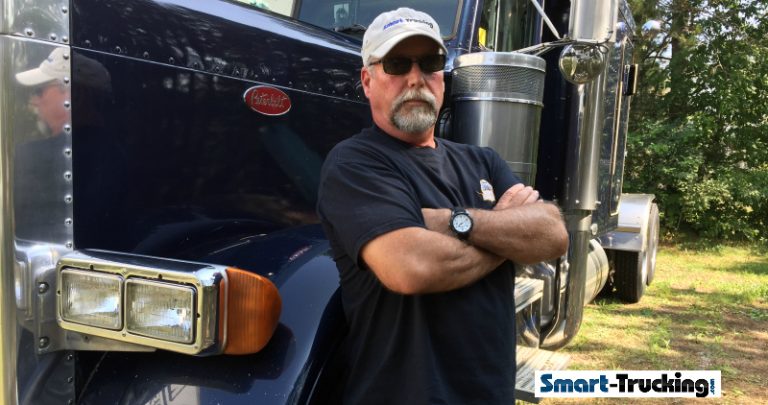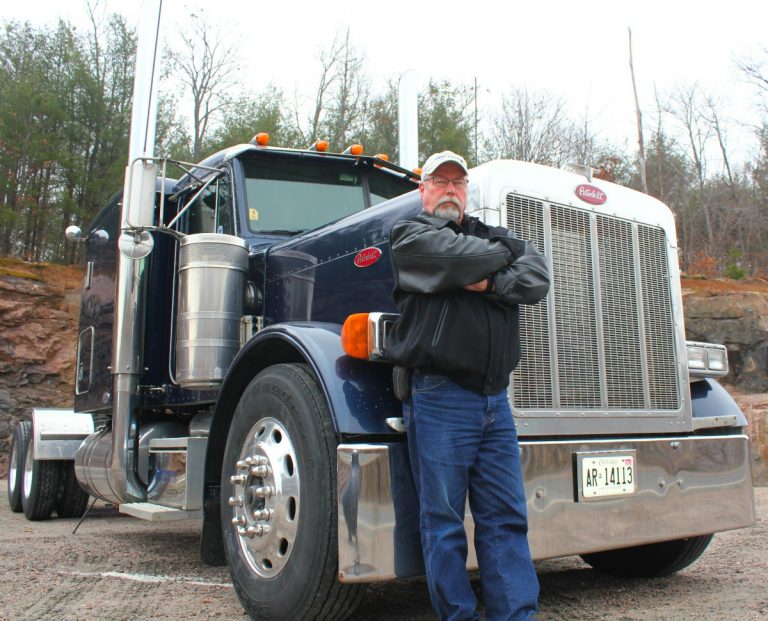Commercial Trucking Insurance: Basic Facts For Independent Truckers
Commercial trucking insurance is just part of business for carriers and truckers who are independent owner operators.
Since it is such a major expense and can really tear at the bottom line of the profitability of a business, it’s important to understand just what coverage you have in your present policy and what coverage you truly NEED.
Just one single accident can amount to absolutely, monumental costs, so a well-designed insurance policy suited to the individual needs of the carrier or the trucker, is a must!
If you don’t understand your commercial trucking insurance policy wording, there’s a good possibility, you could end up with more endorsements than you need, AND you get to pay for that excess coverage!
In the alternative, be sure you’re not under insured, either. Being informed and knowledgeable will help ensure you get the policy suited to your unique situation.
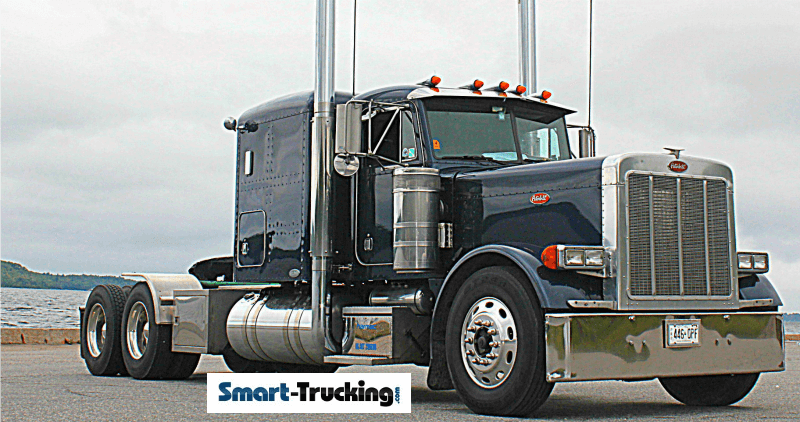
Commercial Trucking Insurance – The Basics
Understanding the lingo and the basics of commercial truck insurance, will help considerably when planning and organizing coverage with your insurance broker.
Commercial trucking insurance policies basically cover damage and loss in several situations: damage to the semi truck, trailer, load/cargo, other vehicles, other semis, trailers and cargo and property damage.
- Liability: covers any damage to other parties involved in an incident. Example: a trucker backing up to a loading dock, smashes the lift on the loading dock…. the shipper would be paid for repairs under the trucker’s policy.
- Cargo insurance: covers the costs involved to damaged or stolen goods hauled in a trailer. Example: If a trucker had a load of fragile electronics and took the corners hard when driver and destroyed the goods on board, the damage would be covered. Also, if cargo is stolen, cargo insurance would be effective.
- Physical damage coverage: Damage to equipment from various causes, will be covered if physical coverage is purchased. Example: Equipment body damage from an accident, weather, another vehicle or person causing damage to the equipment
- Bob tail insurance: Highly recommended for all commercial trucks, especially owner operators, who take their big rigs home, when not on the road.
- Reefer Insurance: Extra coverage is available for a minimal cost, to coverage damage done by reefer motor failure, but not reefer motor repairs. (Reefer unit must be properly maintained for coverage to be effective)
Paying the Premiums

The cost of policy for commercial trucking insurance, whether for a trucking company or an owner operator, can be staggering!
But, relax. It’s possible to finance the payments over a series of months, through a finance company that your insurance broker can recommend.
These companies specialize in commercial truck insurance premium financing.
The finance company adds on an interest charge to the policy cost, and structures a payment plan for the independent trucker or trucking company.
Some require a down payment of between 10-20% of the total cost of the policy, and then 10 equal monthly installments. Some will divide the total cost of the policy into 12 equal payments.
Either way, be sure you’ve budgeted to ensure that you’re prepared for a healthy cash downstroke!
Knowing what and how much coverage you need, is something a reputable commercial insurance broker can help you with. You’ll need someone who knows their stuff and someone you can trust.
They’ll design a commercial trucking insurance plan suited to your needs.
More Related Articles
- The Facts About Factoring For Your Owner Operator Business
- Becoming An Owner Operator: Top Best 10 Tips For Success
- Tips For Spec’ing the Right Truck
- Quick Guide For Best Make of Truck For New Owner Operators
- 10 Point Checklist To Determine If You’re Ready To Be an Owner Operator
